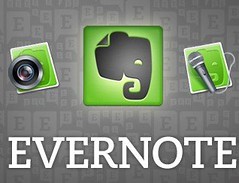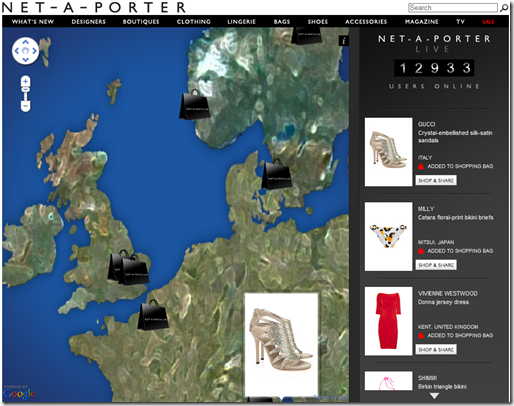Our old friend Robbie Stamp, erstwhile friend and business partner of Douglas Adams, has just completed a buy-back of H2G2.com from the BBC after it spent the best part of a decade in its care.
Robbie was part of the team that got the original platform off the ground with Douglas Adams’ ‘The Digital Village’ company back in the late 90s/early 2000s, but the dot com bust forced a certain rethink of their strategy and the site was sold to the Beeb, who looked after it until budget cuts last year forced them to cull it (along with a number of other sites). [Aside – my first UK-based ‘work’ experience was at TDV, a day spent beta testing Starship Titanic)
The community, alongside Robbie, has staged a buy-back and are working on moving the site back into its own space.
I’ve never been a massive user of H2G2.com but I love the concept – a kind of friendlier, less formal wikipedia -style community proving wisdom and insight on all things – and look forward to what Robbie and his team do to develop it beyond what the Beeb did with it. Robbie tells me that he’s getting vast amounts of volunteer support from the community to make it great, and I love that as well. I suspect Douglas Adams would have too.
It is interesting, given the Guide app I wrote about recently, to note that the rights issue around the ‘Earth Edition’ of the Hitchhiker’s Guide is far from clear cut, and H2G2 retain the rights to produce that. So what these iPad/iPhone app gaming people are doing may raise an eyebrow with the relevant copyright people when it comes out.
I hope to learn and write more about this venture, which I find fascinating, in due course – I only had a few minutes to chat with Robbie the other night and will hopefully catch up with him for insights soon.







